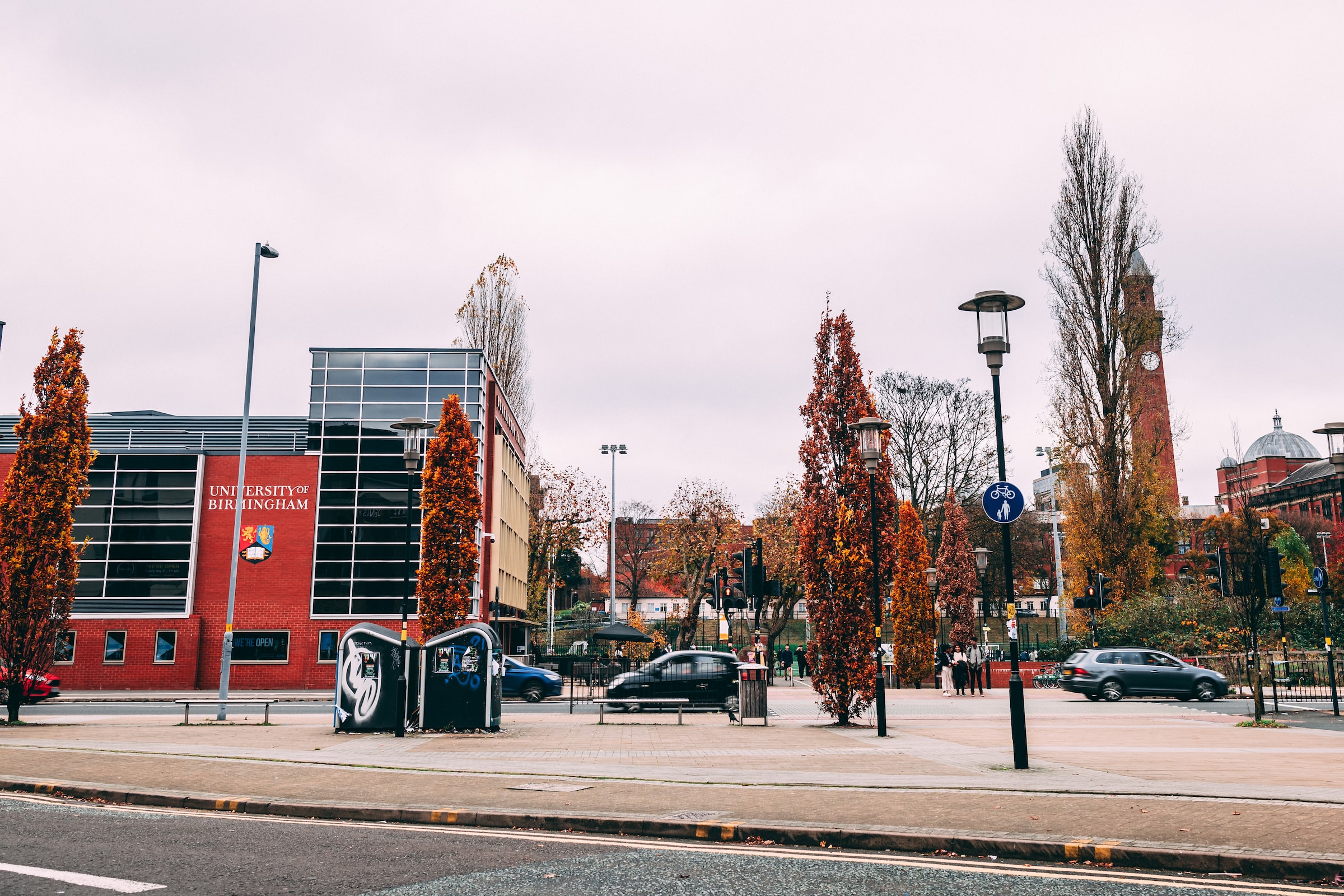
Comment Writer Ella Foster investigates social class at UoB, asking students about their perception of class and its role in university life
Personally, social class never felt like a pressing issue to me until my first year of university. I was, of course, aware of it, and felt passionately about sticking up for everyone’s equal right to fair treatment; regardless of their position in life. However, I saw class as a fairly distant idea. When I was young I considered my family as probably middle class, simply because our friends seemed to be really well off, experiencing regular holidays, fancy gadgets, and their parents might even have had two cars! We lived near them, and I went to school with them, so we were the same, right? My parents are hard-working and brilliant people who have helped me to no end in every part of my life. Therefore, as I grew up and realised we were, infact, very much working class, I wasn’t phased. I went off to university, student loan in hand and felt as if everyone would be in the exact same boat. The stereotype of the ‘poor student’ was everywhere, and dominated my view of the student experience
In first year, I was suddenly friends with people whose parents bought them food from M&S, took them on holidays every year (maybe even more than once), and were reliant on their parents to pay for their living. Because of my student loan, I’ve never been in any debt to my parents for my education – did this put me at an advantage that middle class people didn’t have? This left me incredibly bewildered, I had been led to believe by social stereotypes that middle class people were comfortable, but I met students from these backgrounds feeling guilty at using their parents’ money, or angry at the student finance system for forcing their parents to pay. One student has lost their Chamberlain award this year; ‘my parents earn about a thousand pounds more than they did the year before, but that doesn’t mean that £1000 can go towards me at uni.’
In turn, I could also believe that the comfortability of a middle-class existence could come from their lack of worry at home. Where I (working class) am able to spend my loan whilst at uni, at home I am reliant on myself for things that perhaps wealthier students might never have to think of. Furthermore, I hadn’t even started to consider factors to a person’s class other than money! Befuddled and exhausted, I took to the internet, and became even more befuddled there. According to an article in the Independent from 2013, there are now seven social classes as ‘Britons can no longer be boxed in to the traditional “upper,” “middle” and “working” classes. Cultural engagement and social contacts also play a part towards the difference between the ‘Precariat’, the article’s lowest class whose ‘everyday lives…are precarious’ and the ‘Elite’ who have high levels of all three capitals (money, cultural engagement and social contacts.)
I began to realise what had shocked me in getting to know my peers wasn’t so much our differences, rather the expectation vs reality of student life. Here in Birmingham, an incredibly diverse city, our University makes efforts towards championing Equality and Diversity, promising to ‘admit students from all religions and backgrounds on an equal basis.’ However, with sports society fees sometimes amounting to over £100, some society events costing over £30, and all this before even considering living costs, it can be seen why students could share some of the feelings I have.
One interviewee complained of the sport and fitness memberships and sports societies’ immediate flat fees; ‘it would be much easier (for lower-income students) if it was a monthly payment.’ Popular university Facebook page Brumfess often has students anonymously sharing feelings of a similar sentiment; one student claims they ‘find university life so difficult sometimes as every single thing you do costs money’, whilst another wrote ‘coming from a privileged background myself, I am aware that others have to work a lot harder than me to get into the same uni.’ A person’s class appeared to be connected to…their finances
If not just the university’s direct actions, it could be argued that the environment of higher education itself can act as exclusionary. Personally, as a former drama student, I often felt left out after a lecturer would assume our access to London theatres, with little space for other people’s situations. Several interviewees also had experiences of the sort. One person found themselves ‘codeswitching between my natural accent and the more RP voice I use at university.’ Another noticed in a lecture on inequality that ‘a lot of the people in the lecture had the luxury to distance themselves from the subject…I can’t imagine what it must have been like for any working class people in there.’ Potentially, also, the problem could stem from the attitudes and actions of it’s students. Problems identified by interviewees stemmed usually from a lack of awareness, honesty, or simply because ‘class isn’t necessarily visible.’ ‘People pretend that they don’t have money’ one stated, with another struggling to relate to their peers; ‘when they’re talking about going on lavish holidays or boasting that their family relative got them an internship.’ Building on this, one person discussed the discriminatory nature of presumption amongst us; ‘presuming someone can afford a night out.’ Despite this, others saw less of a difference between us; ’people just want to be treated normally regardless of their class background.’
University institutions and students alike must be held accountable for their potential prejudices

Comments